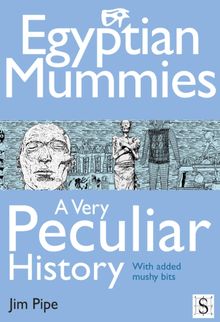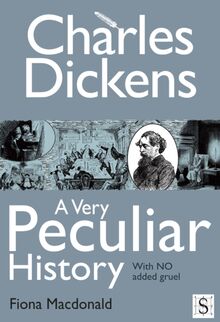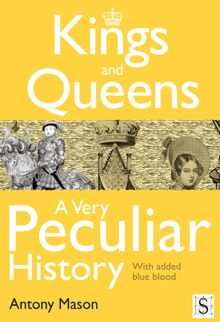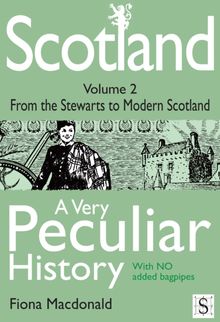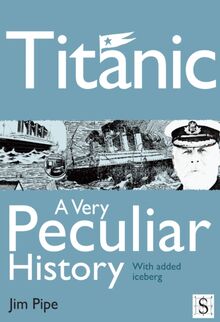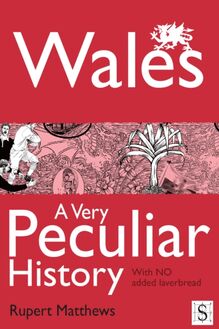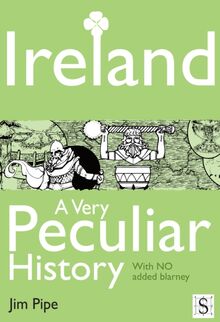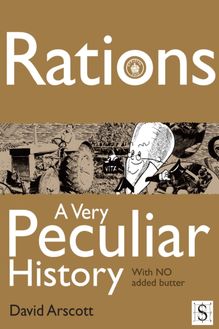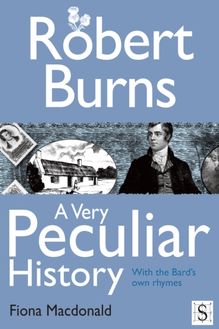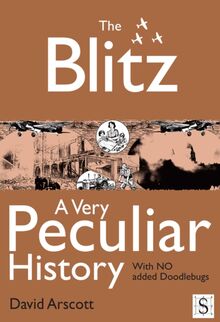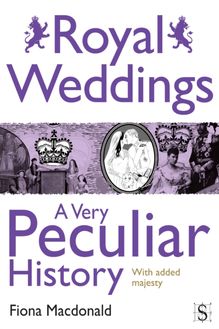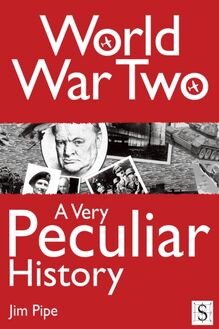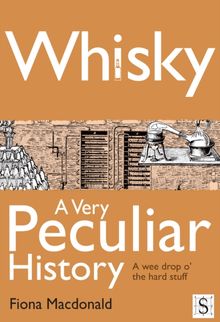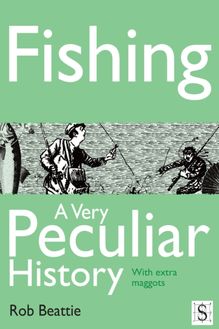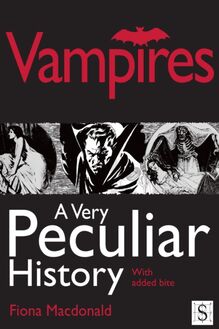-
 Univers
Univers
-
 Ebooks
Ebooks
-
 Livres audio
Livres audio
-
 Presse
Presse
-
 Podcasts
Podcasts
-
 BD
BD
-
 Documents
Documents
-
- Cours
- Révisions
- Ressources pédagogiques
- Sciences de l’éducation
- Manuels scolaires
- Langues
- Travaux de classe
- Annales de BEP
- Etudes supérieures
- Maternelle et primaire
- Fiches de lecture
- Orientation scolaire
- Méthodologie
- Corrigés de devoir
- Annales d’examens et concours
- Annales du bac
- Annales du brevet
- Rapports de stage
La lecture à portée de main
Vous pourrez modifier la taille du texte de cet ouvrage
Découvre YouScribe en t'inscrivant gratuitement
Je m'inscrisDécouvre YouScribe en t'inscrivant gratuitement
Je m'inscrisEn savoir plus
Vous pourrez modifier la taille du texte de cet ouvrage
En savoir plus

Description
Sujets
Informations
| Publié par | Andrews UK |
| Date de parution | 18 janvier 2012 |
| Nombre de lectures | 0 |
| EAN13 | 9781908759382 |
| Langue | English |
Informations légales : prix de location à la page 0,0300€. Cette information est donnée uniquement à titre indicatif conformément à la législation en vigueur.
Extrait
Title Page
WILLIAM SHAKESPEARE, A VERY PECULIAR HISTORY
With added soliloquies
Written by
Jacqueline Morley
Created and designed by David Salariya
Publisher Information
First published in Great Britain in MMXII by Book House, an imprint of
The Salariya Book Company Ltd
25 Marlborough Place, Brighton BN1 1UB
www.salariya.com
www.book-house.co.uk
Digital edition converted and distributed in 2012 by
Andrews UK Limited
www.andrewsuk.com
Editor: Jamie Pitman
Assistant editor: Jodie Leyman
© The Salariya Book Company Ltd MMXII
All rights reserved. No part of this publication may be reproduced, stored in or introduced into a retrieval system or transmitted in any form, or by any means (electronic, mechanical, photocopying, recording or otherwise) without the written permission of the publisher. Any person who does any unauthorised act in relation to this publication may be liable to criminal prosecution and civil claims for damages.
Every effort has been made to trace copyright holders. The Salariya Book Company apologises for any omissions and would be pleased, in such cases, to add an acknowledgement in future editions.
Visit our website at
www.book-house.co.uk
or go to
www.salariya.com
for free electronic versions of:
You Wouldn’t Want to be an Egyptian Mummy!
You Wouldn’t Want to be a Roman Gladiator!
You Wouldnt Want to Join Shackleton’s Polar Expedition!
You Wouldn’t Want to Sail on a 19th-Century Whaling Ship!
Dedication
This book is for Teddy
JM
Quotes
‘Shakespeare never had six lines together without a fault. Perhaps you may find seven, but this does not refute my general assertion.’
Dr Samuel Johnson, writer and lexicographer, 1709–1784
‘I know not such a power of vision, such a faculty of thought,…in any other man. Such a calmness of depth; placid joyous strength; all things imaged in that great soul of his so true and clear, as in a tranquil unfathomable sea!’
Thomas Carlyle, historian, 1795–1881
‘I have tried lately to read Shakespeare and found it so dull that it nauseated me.’
Charles Darwin, naturalist, 1809–1882
Introduction: Who was Shakespeare, anyway?
Shakespeare – what do you think of when you hear that name? Perhaps it brings back some great nights at the theatre, but, just as likely, it could make you think of a lacklustre school outing to a matinée, where enjoyment was compulsory and often subject to some ‘class discussion’ later.
Shakespeare, for most people, is something that is ‘done’ at school. But behind the name there is a real person, and, believe it or not, he wasn’t always a balding man in a ruff. He was Mr and Mrs Shakespeare’s boy, Will, who grew up to make quite a name for himself. How did he do it? Where did he work? Why did he write, and how? Was he a nice person? What sort of friends did he have? This book doesn’t promise neat answers to all those questions – that’s often just not possible, as you’ll see – but it’s going to have a go at answering some of them. It will try to take a look at Shakespeare’s work from Shakespeare’s point of view.
Perhaps we’d better come clean here. Clear-cut facts, like where Shakespeare was on any particular day of the year, are certainly thin on the ground – not non-existent, but thin. Yet, even though they’ve been raked through so many times, by countless critics and historians, still there’s no final agreement on exactly how much he wrote, when he wrote it, and what he did with his spare time.
But at the very least, we can dispose of some of the myths that have attached themselves to Shakespeare’s name…
Shakespeare myth no. 1
So little is known about Shakespeare’s life that you could write it down on one side of a postcard.
You’d need a quite extraordinarily big postcard, actually. There is more factual evidence about the life of Shakespeare than there is for any other Elizabethan dramatist. There are baptismal records, death and burial records, documents relating to the buying and selling of goods and properties, known performance dates for many of his works, and publication dates for poems and plays.
Many documents relating to the Shakespeare family, including letters written to William himself, can be seen at the Shakespeare Centre Library & Archive at Stratford upon Avon.
Speak of me as I am; nothing extenuate,
Nor set down ought in malice.
Othello, Act V scene 2
CHAPTER ONE: Stratford days
In 26 April 1564 the vicar of Holy Trinity Church, Stratford upon Avon, in the county of Warwickshire, recorded a baptism in his parish register: ‘William, son of John Shakespeare’. (He actually wrote it in Latin: ‘Gulielmus filius Johannes Shakspere’ – though strictly speaking he ought to have written Johannis .) Will was the third of what were to be eight children, whose parents lived in a large house on Henley Street – where, 12 years earlier, John had been fined for not removing an illegal rubbish tip from in front of his door.
John Shakespeare came from a family of local farmers, but a nose for business had prompted him to move from countryside to town, where he trained as a glover and soft-leather worker. He had obviously done well to be able to afford a substantial house in town.
Shakespeare myth no. 2
How fitting it is that England’s greatest poet was born and died on 23 April – St George’s Day, dedicated to England’s patron saint.
Don’t count on it – though he certainly died on 23 April. We know he was christened on the 26th, but we don’t know his birthday. Babies were baptised as soon as possible, usually within five days, because it was believed that they came into the world in a state of original sin and were doomed to limbo if they died before baptism. This traditional Catholic belief was still strong despite England’s official Protestantism – Henry VIII’s break with Rome had come only 30 years earlier.
The five-day period gives William a birth date some time after 21 April. St George’s Day was picked long after his death for patriotic reasons.
A worthy townsman
Stratford in 1564 was a small, prosperous market town of around 2,000 inhabitants. Its bridge over the Avon carried the route south to London, a three-day journey away.
John Shakespeare soon made his mark in the town as an entrepreneur. As well as dressing leather and selling gloves, he was a dealer in wool and farm produce. In fact he became quite a big splash in a not-so-small puddle. In 1558 he was sworn in as town constable, six years later he was made a burgess (a member of the town council), and in 1567 an alderman. He was twice elected town chamberlain, the official responsible for keeping the civic records and accounts, and then, in 1569, the final honour – he was chosen to be bailiff of Stratford (the equivalent of mayor).
On his father’s side Will came from local yeoman (small-scale landowner) stock, rooted in the Warwickshire countryside. His mother’s family, the Ardens, were more distinguished. They traced their ancestry back to Thorkell of Arden, a major landowner of Saxon times. Ardens had fought for Simon de Montfort, earl of Leicester, when he rebelled against King Henry III in the 13th century – and one of them was executed, a sure sign of distinction. A great-uncle of Will’s mother, Mary Arden, had served at the court of Henry VII (reigned 1485–1509).
Though Mary was only distantly related to the grander side of the family, she bore its ancient name. The wooded area that covered much of Warwickshire to the northwest (enclosing the then insignificant town of Birmingham) was called the Forest of Arden. Many years later Will gave this name to a forest of his own imagining (in his comedy As You Like It ), one of the many hints we get that his home town and the landscape of his childhood had a strong pull over him.
Shakespeare myth no. 3
He was brought up in an illiterate household – his parents couldn’t read or write.
It’s true that both John and Mary signed official documents with a mark, but that doesn’t prove they weren’t able to handle a pen. People well known to have been able to write sometimes did this. Since John was twice elected town treasurer, he must at the very least have been able to read and to count on his fingers.
England in 1564
When Will was born, Elizabeth I had been on the throne for five years. Most of her subjects were glad to see her there; they had been through rough times recently.
The Queen’s father, Henry VIII, had made England Protestant because he couldn’t get his way with the Pope. His son, Edward VI, was a convinced Protestant but his early death brought his Catholic sister Mary to the throne. She forced the nation to return to Catholicism – and protesters were burned alive. People must have held their breath when Protestant Elizabeth followed. But she was generally lenient with Catholics, who were fined rather than executed. Elizabeth’s flair for compromise kept her people reasonably content for 45 years.
Will goes to school
At around the age of 5, young Shakespeare would have started at a ‘petty’ school (what we would call an infants’ school). Here pupils were taught to read and write, to learn psalms by heart and to recite the answers to the Church catechism. At the age of 7 he went to Stratford’s King Edward VI Grammar School for Boys. ‘Not a shred of evidence that he did so,’ say those who insist we know next to nothing about him (some of whom have a vested interest in suggesting he had barely any
-
 Univers
Univers
-
 Ebooks
Ebooks
-
 Livres audio
Livres audio
-
 Presse
Presse
-
 Podcasts
Podcasts
-
 BD
BD
-
 Documents
Documents
-
Jeunesse
-
Littérature
-
Ressources professionnelles
-
Santé et bien-être
-
Savoirs
-
Education
-
Loisirs et hobbies
-
Art, musique et cinéma
-
Actualité et débat de société
-
Jeunesse
-
Littérature
-
Ressources professionnelles
-
Santé et bien-être
-
Savoirs
-
Education
-
Loisirs et hobbies
-
Art, musique et cinéma
-
Actualité et débat de société
-
Actualités
-
Lifestyle
-
Presse jeunesse
-
Presse professionnelle
-
Pratique
-
Presse sportive
-
Presse internationale
-
Culture & Médias
-
Action et Aventures
-
Science-fiction et Fantasy
-
Société
-
Jeunesse
-
Littérature
-
Ressources professionnelles
-
Santé et bien-être
-
Savoirs
-
Education
-
Loisirs et hobbies
-
Art, musique et cinéma
-
Actualité et débat de société
- Cours
- Révisions
- Ressources pédagogiques
- Sciences de l’éducation
- Manuels scolaires
- Langues
- Travaux de classe
- Annales de BEP
- Etudes supérieures
- Maternelle et primaire
- Fiches de lecture
- Orientation scolaire
- Méthodologie
- Corrigés de devoir
- Annales d’examens et concours
- Annales du bac
- Annales du brevet
- Rapports de stage
